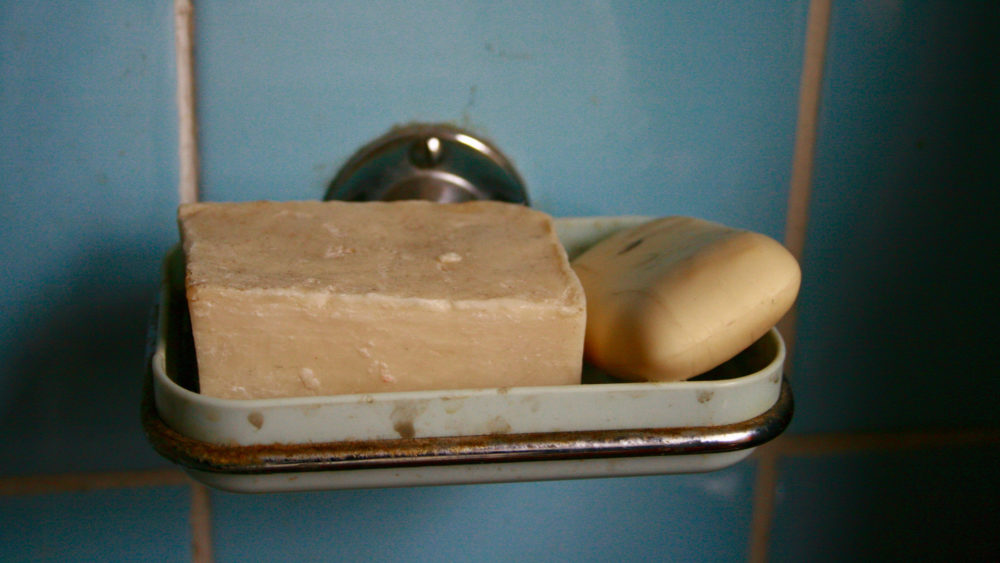
We continue our series of interviews with Next Talents. This time we talk with Loes Janssen a Dutch filmmaker living and working in Breda. She graduated from the Academy for Fine Arts and Design St. Joost and started working as a freelance filmmaker focussed on creating cinematographic documentaries.
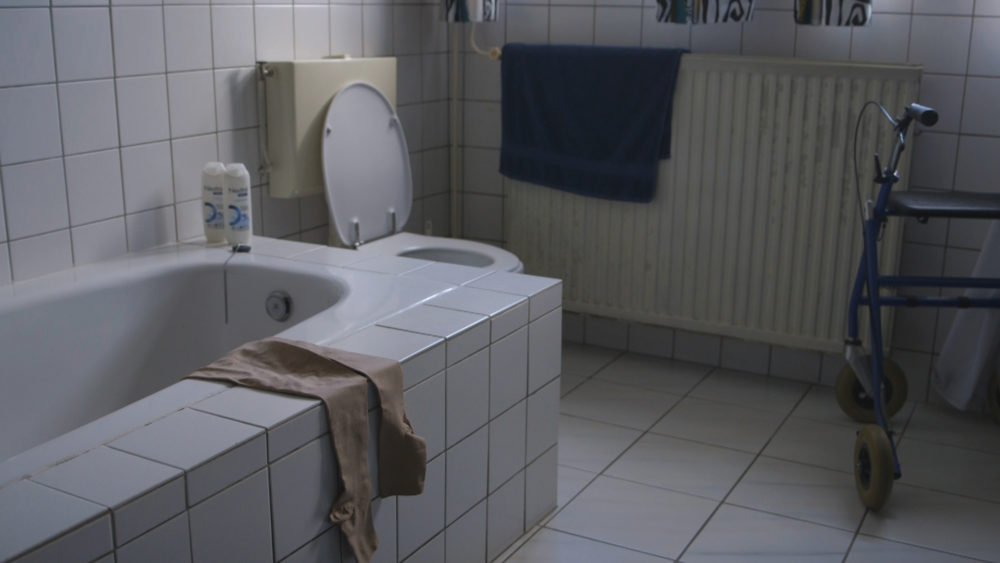

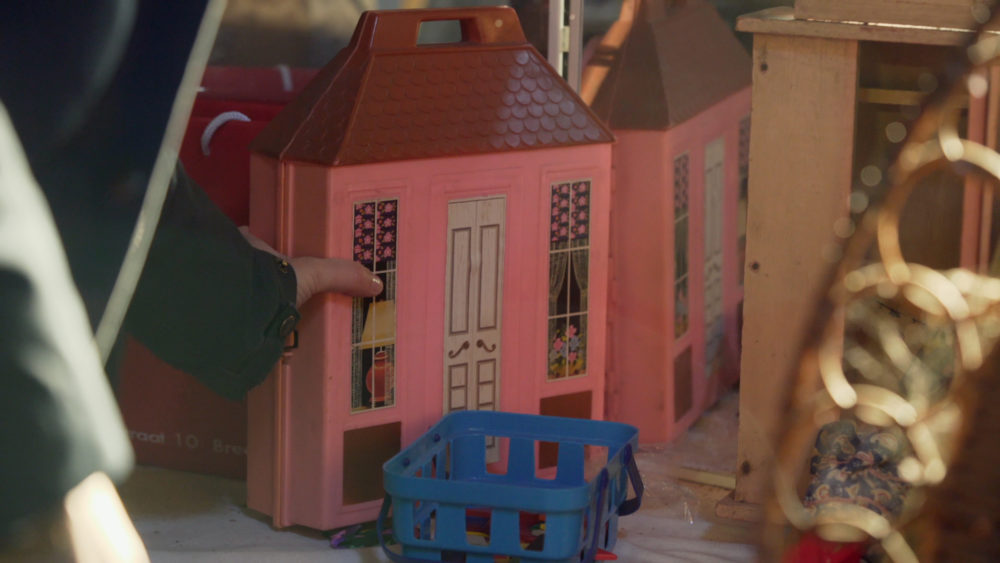
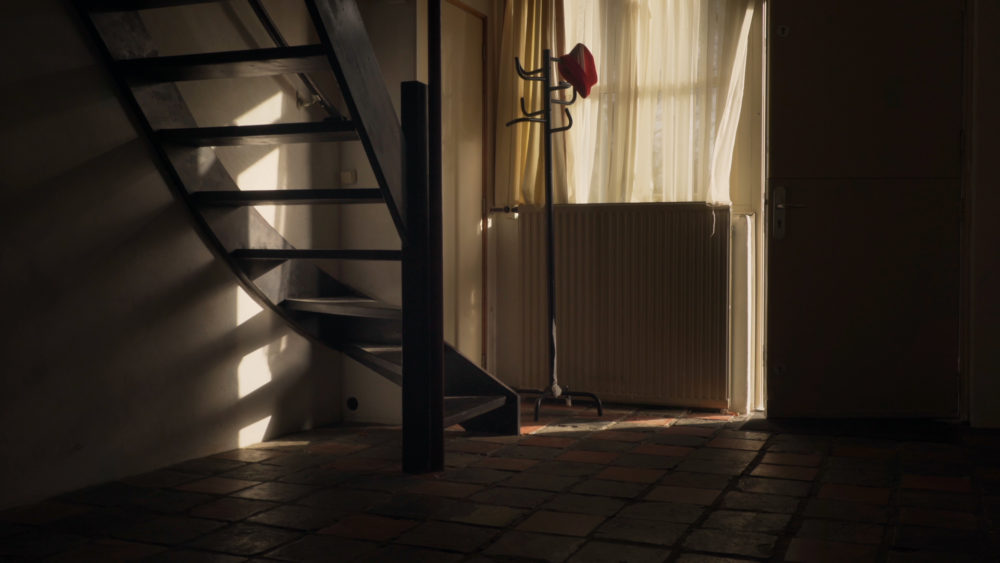
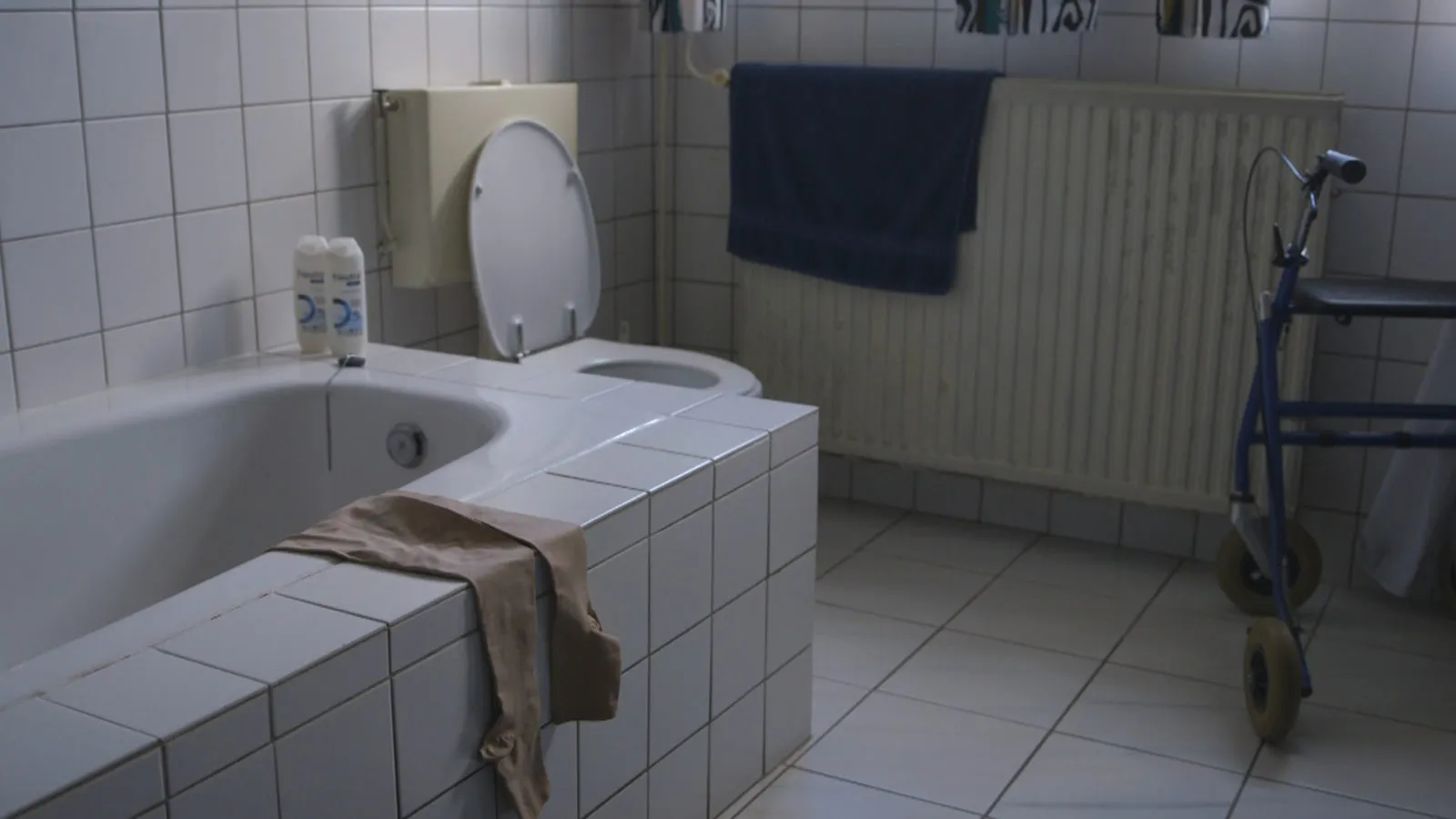
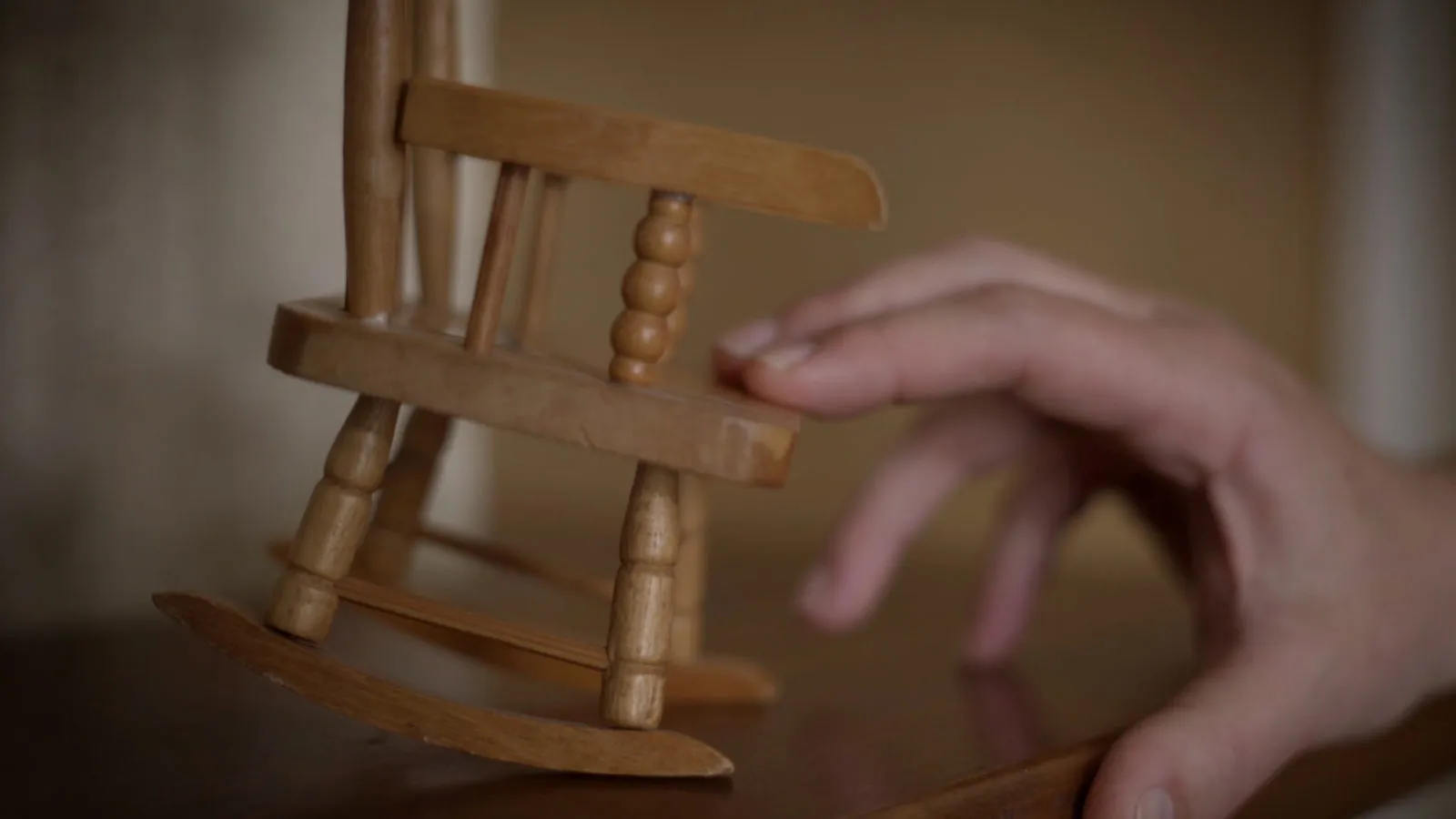
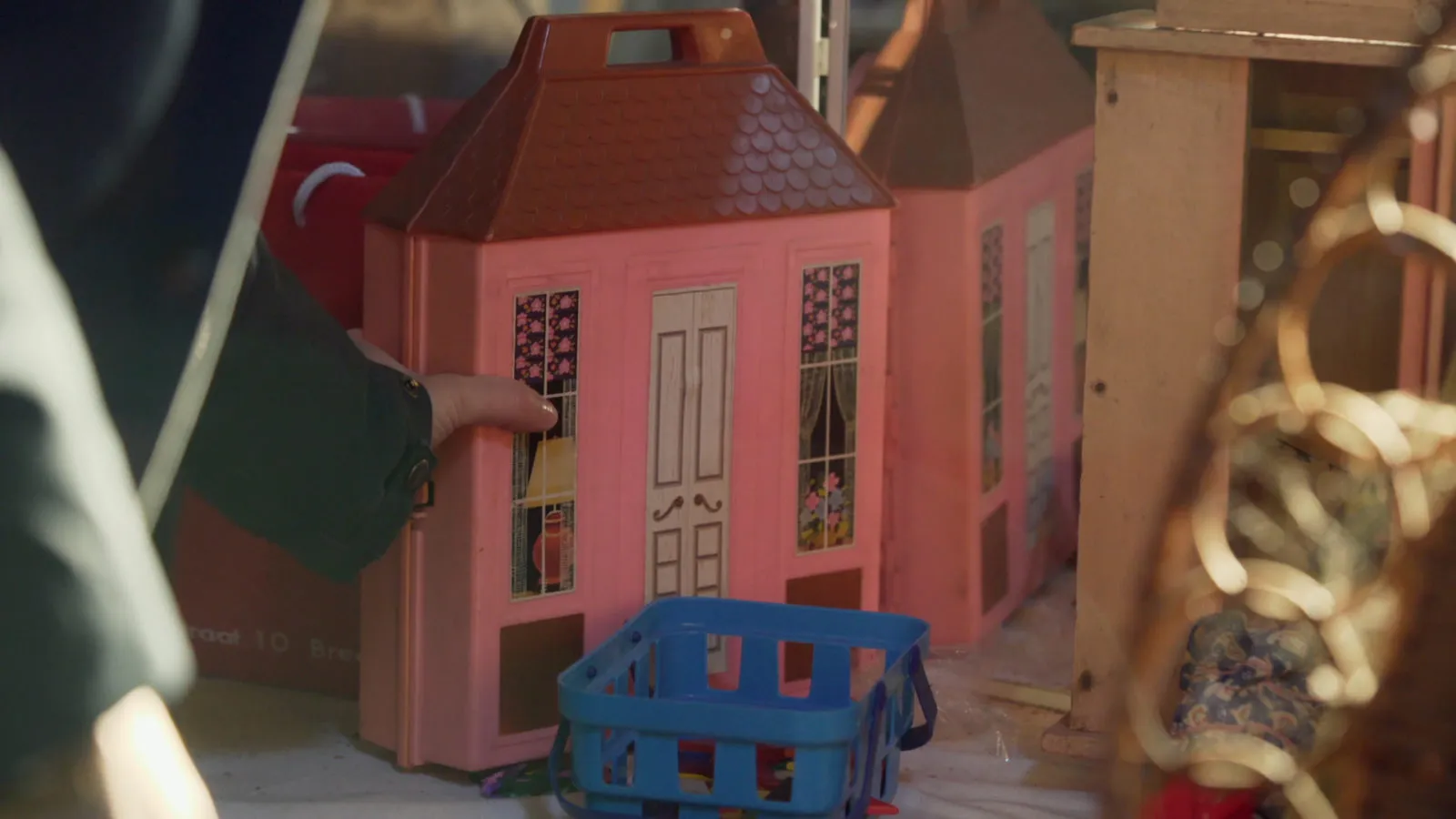
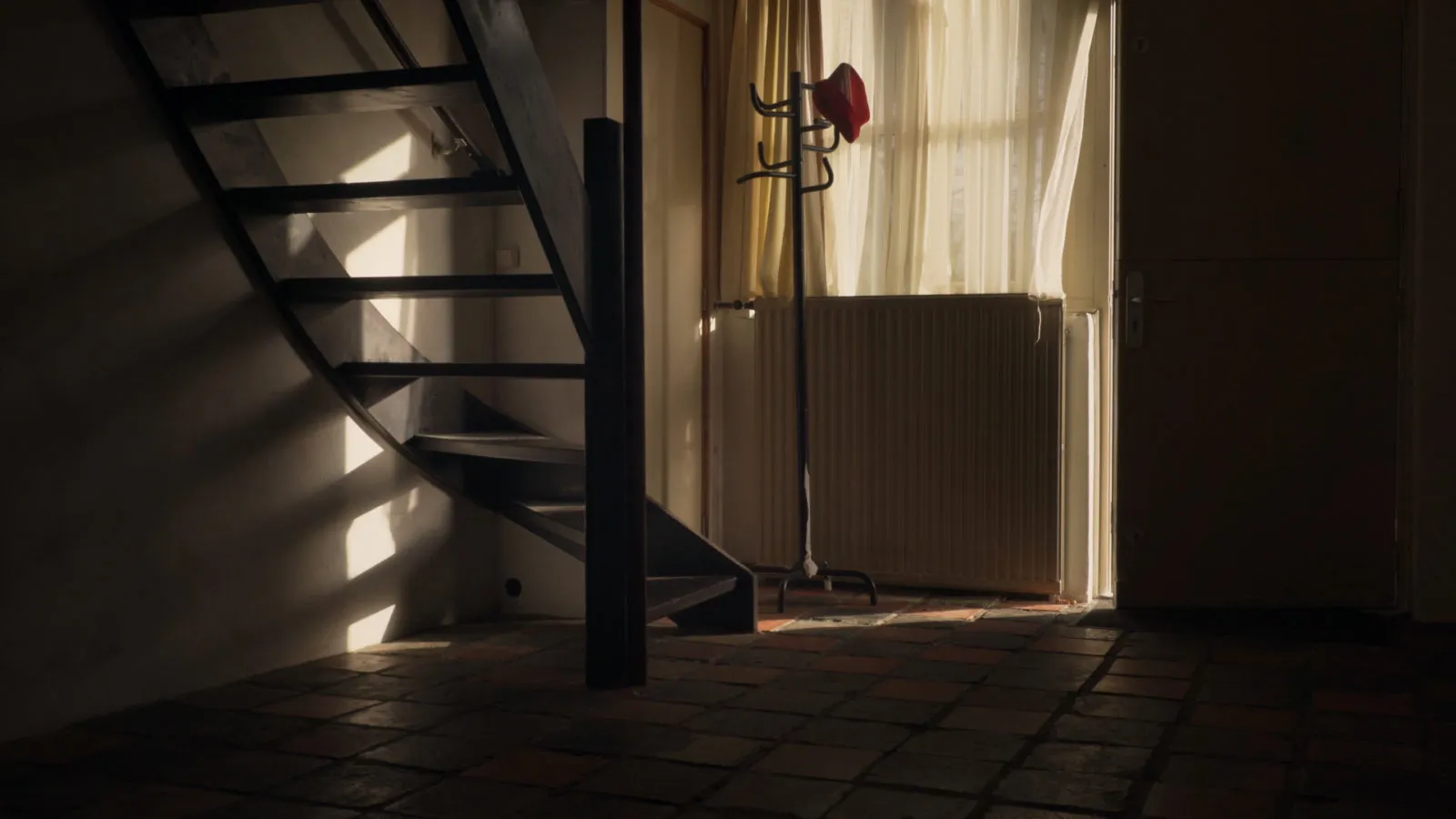
“I am doing a lot of things. I am directing but often I am also doing the camera work and the editing as well”, Loes says. “It’s not always easy. But it has a lot of benefits. If I am, for instance, working with a camera man, I can more easily put myself in his shoes, know what to better ask of him and guide him better.
My projects always start from something personal: it can be something that fascinates me or something that bothers me or something that I find interesting.”
“I like to strengthen the story by choosing an interesting visual style. But that style always has to be ‘serving’ the content and not just have an aesthetic function.
I am mostly interested in stories with people who experience a loss of control in their lives. For example in my short documentary Sky I tell the story of a nine year old boy who has a hearing aid because of a disability. He hears things differently and doesn’t really understand the other people but also gets the idea the other people don’t understand him. The film focusses on his perception of reality and we try to really go into his mind.”
Her latest project “Wat Achterblijft” tells the story of three sisters sorting out the things of their mother following her death. The film investigates the processes of mourning and grief, but also portrays the ways objects we leave behind reflect our lives. The film was part of the Teledoc Campus, a cooperation of CoBo, Dutch Film Fonds and NPO, and was also included as part of a special screening during IDFA 2020.
“What I would like to do with this documentary”, Loes continues, “is organise screenings together with professionals dedicated to learning people manage their grief. Because, as a documentary maker, I am also interested in the impact a film can have on its audience.”
“I think a lot of people are having problems talking about grief, though at some point or other in our lives, we are all confronted with this subject. I hope these special screenings and the talks that would follow could help people understand and manage their grief better. Because of the Corona pandemic however, we were until now unable to arrange these screenings, but we hope to be able to do so either in the spring of 2021 or later in the year, depending on how things are going.”
Talking about being a Next talent, Loes says: “I think this program gives me the opportunity to look at my professional work not only from the end-results point of view, but also from the work-process perspective: how I am organizing my work, what my method is, what I am dealing with… It also give me space to explore new ideas or new working method without a specific goal but simply to develop myself as an artist.
In addition, I got a chance to expand my network and to start looking at myself not only as a filmmaker but as a business. It helped me take a critical look at my process and think “What can I improve to make my work better…easier…more fun?” “What are my goals for the future?” I was used to going from one project to the next but now I was prompted to look further ahead and try to think at where I wanted to be in the next 5 or 10 years.”
Loes further elaborates about what it means to be enrolled in the Next talent experience: “You have a budget and there are a series of workshops you can register to. I, for instance, attended one that was about artistic leadership. It was really interesting because as a director your job is also to be a leader. But you don’t think of that when you are in the middle of a project.”
“You don’t think about leadership and how you can fill and manage this role. With this workshop I was able to understand it’s a needed process and also see examples of how other people were doing it.
Aside for the workshops, you can also book private sessions with tutors or coaches or even filmmakers that inspire you. Whatever questions I have, I can search for the person I think can help me and then have a talk arranged with them.
At the beginning of the project we were asked to look at our works and ourselves from three perspectives: artistic development, entrepreneurship (the business part of being a filmmaker) and productivity (how you organise your work, deal with deadlines etc). As far as I was concerned the artistic development part was very strong but I still needed to work on my entrepreneurship and productivity skills in order to really improve. So I picked things and activities to help me develop these aspects. And that’s exactly why this program is so special, because it allows you to really work on the things you specifically need. I really see it as a privilege for being able to be part of Next Talent and I hope a lot of the young filmmakers will get a chance to experience it, or experience something similar.”